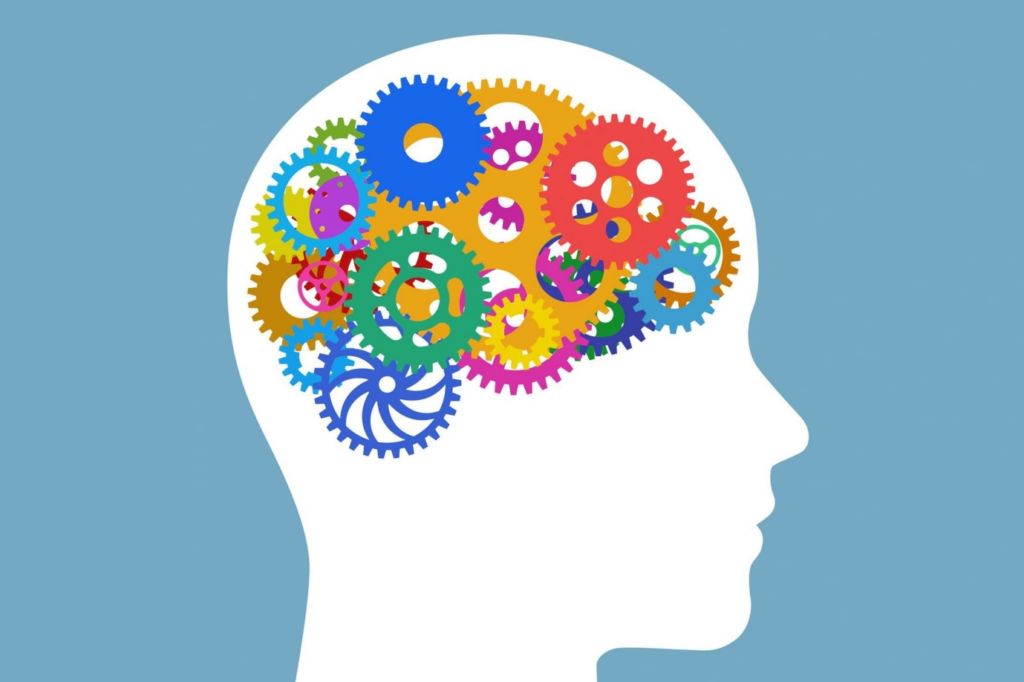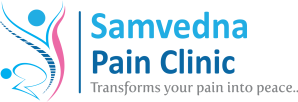Neuro-Linguistic Programming (NLP)
Redefining Pain Management with Neuro-Linguistic Programming (NLP)
Pain, a ubiquitous experience in the human condition, often disrupts lives and limits possibilities. In the realm of pain management, conventional approaches may fall short of addressing the complexities of pain perception and management. However, Neuro-Linguistic Programming (NLP) offers a revolutionary approach, empowering individuals to reframe their relationship with pain, unlock inner resources, and facilitate lasting relief. Join us as we explore the transformative potential of NLP in pain management and reclaim the power to thrive amidst adversity.

Understanding Neuro-Linguistic Programming (NLP): Unveiling the Art and Science of Personal Excellence
Neuro-Linguistic Programming (NLP) is a powerful framework that explores the dynamic interplay between neurology, language, and patterns of behavior, shaping our subjective experiences of reality. Rooted in the premise that our thoughts, language, and actions profoundly influence our perceptions and outcomes, NLP offers practical tools and techniques for reprogramming the mind, fostering personal growth, and facilitating positive change.
At its core, NLP operates on the principle that the language we use, both internally and externally, shapes our neurological processes, influencing our emotions, beliefs, and behaviors. By identifying and modifying subconscious patterns of thought and communication, individuals can gain greater control over their responses to pain, enhance resilience, and cultivate a more empowered mindset.
- The Role of Neuro-Linguistic Programming (NLP) in Pain Management: A Holistic Approach to Healing
- Applications of Neuro-Linguistic Programming (NLP) in Pain Management: Transforming Lives Across Domains
- Empowering Transformation, Embracing Possibility

